Do you love biscuits but have recently been diagnosed with diabetes? Perhaps you're asking, "What biscuits can I eat without upsetting my blood sugars?" You are not alone. Many diabetics have the same question. After all, it is hard to imagine coffee or tea without a biscuit.
Having diabetes doesn't mean you have to beat your biscuit cravings. Yes, you heard that right! Biscuits can still be a part of your life. But you need to choose diabetic-friendly options and limit your portions.
Let's dive deeper into this topic. Together, we will see which biscuits you can enjoy while keeping your blood sugars in check.
Ready for the journey? Let's embark!
Why Are Biscuits Not Recommended for Diabetics?
Diabetes requires careful management of blood sugar levels. Unfortunately, most store-bought biscuits are high in refined flour and sugars. These ingredients are the arch-nemesis of stable blood sugars. That's because they can cause rapid blood sugar spikes! [1]
Imagine controlling a racing car without brakes. This is exactly what sugary, refined-flour biscuits do to your blood sugar levels – take them for a wild ride! Now, that's something anyone with diabetes wants to avoid.
Also, most commercially available biscuits are low in fibre, an essential nutrient for stable blood sugars. Fibres slow down the absorption of sugars into your bloodstream, preventing those sudden spikes. [2] They are like a speed bump on a fast road, which gives your body more time to absorb sugar.
Diabetes patients must limit their consumption of sugars, sweeteners, and artificial flavourings. Doctors and dieticians both recommend it. [3, 4] Although diabetic biscuits are available on the market, you must consider their carbohydrate content and impact on blood sugar levels.
What Biscuits Can Diabetics Eat?
Indeed, commercial biscuits are not a good choice for those with diabetes. However, this does not rule out all biscuits. Quite the contrary! There are many diabetic-friendly biscuits out there that can satisfy your cravings without causing a blood sugar spike. They are available everywhere! You can easily get them from your local grocery shop.
Diabetic biscuits are rich in fibre and low-carb ingredients. They often contain no added sugar or other artificial sweeteners. Diabetic cookies come in several varieties. Let's explore some of them.
Whole Grain Biscuits
Whole grains are a powerhouse of nutrients. They have a low GI but are rich in fibre, vitamins, and minerals. They are the heroes you need to manage diabetes. They help control blood sugars by slowing their release into your bloodstream. [5] So, biscuits made with whole grain flour can be a healthier option. They're like the caring older sibling, always looking out for you.
Oat & Almond Biscuits
Oats and almonds are both low-GI foods. Like whole grains, oats are a good source of fibre and other nutrients. Biscuits made from oats can be a diabetic's best friend. They can also help you maintain a stable blood sugar level. [6]
Almond biscuits, likewise, are also a safe bet. They contain plenty of heart-healthy fats and fibre. These ingredients make them a healthy choice as diabetic-friendly biscuits. Almond also offers many other health benefits for those with type 2 diabetes. [7]
Gluten-Free Biscuits
If gluten is off the cards for you, no problem! There are many gluten-free biscuits out there. You can safely include them in your diabetic diet. Just keep in mind: being gluten-free doesn't make a biscuit diabetes-friendly.
Gluten-free biscuits are primarily a healthier choice for those with gluten sensitivity, not diabetes. [8] So before buying them, always check the labels!
Sugar-Free Biscuits
Sugar-free biscuits are another healthy choice for diabetes patients. Makers of these biscuits often use natural sweeteners like stevia to produce them. These sweeteners don't affect blood glucose levels. [9]
But beware! Some sugar-free items may contain other high-carb ingredients. These ingredients can cause sudden blood sugar spikes. So before adding them to the shopping cart, read the labels.
Remember: Having a diabetes-friendly label doesn't mean you can eat as many biscuits as you like. Portion control is essential. Enjoy it in moderation and monitor how your body responds.
Tips for Homemade Sugar-Friendly Biscuits

Fancy trying your hand at baking? Great!
Why not make a batch of homemade biscuits? Making your own biscuits at home allows you to control the ingredients and cut down on sugars and refined flour. Here are some tips for making homemade, diabetes-friendly biscuits.
- Choose low-carb flour: Instead of regular white flour, try whole wheat, oat, or almond flour. These flours have a lower GI but are more nutritious than white flour. That means they'll put less stress on your blood sugar levels. [10, 11]
- Use sugar alternatives: Avoid white sugar in your biscuit recipe. Try natural sweeteners like stevia or honey instead. They can provide the sweetness you crave without spiking your blood sugar levels. [9]
- Don't forget fibre: Remember, fibre is our friend! It helps manage those undue blood sugar spikes. Ingredients like oats, flaxseed, and whole grains add fibre to your biscuits. [12]
- Spice it up: Spices like cinnamon and nutmeg can add an extra flavour to your biscuits. Plus, cinnamon is known to help lower blood sugar levels. [13] How cool is that?
- Experiment with your recipe: Don't be afraid of trying something new. It's okay if your diabetic biscuit recipe fails the first time. Experiment with it until you get what works best for you.
So, what are you waiting for? Grab your apron! Let's start baking some diabetes-friendly biscuits!

Frequently Asked Questions (FAQs)
Are Rich Tea Biscuits Suitable for Diabetics?
This question has no simple answer. Rich tea biscuits may seem like a healthier option for diabetic people. That is because they contain less sugar and fat than non-diabetic biscuits. However, they are still made from refined flour. This type of flour can rapidly spike blood sugar levels. So, diabetes patients should enjoy them in moderation. [14]
Are Ginger Biscuits Good for Diabetics?
Yes! Ginger biscuits can be a tasty and healthy snacking option if made with whole-grain flour and minimal sugar. Plus, ginger is known to have numerous health benefits, which is a bonus!
Can I Eat Sweet Biscuits on Metformin?
Yes! You can occasionally eat one or two sugary biscuits while on metformin. This antidiabetic medicine can help manage your diabetes. [15] But that doesn't mean you can go wild on sweet biscuits. You must balance your diet, even when on medication.
Are there any Substitutes for Biscuits?
Sure! Whole grain crackers, roasted chickpeas, or even air-popped popcorn can be tasty, crunchy alternatives. Just give them a try the next time you have a biscuit craving.
Final Thoughts
Just because you have diabetes doesn't mean you can't enjoy biscuits. Make healthy choices about your diet and monitor your portion sizes. You can easily enjoy a biscuit or two without spiking your blood sugar if you do so.
It's all about balance and making informed choices, right? So, no worries! Go ahead and dunk a diabetic-friendly biscuit in your next cup of tea!
References
- Zhang CX, Long WQ, Ye YB, Lu MS, Zhang NQ, Xu M, Huang J, Su YX. Effects of chocolate-based products intake on blood glucose, insulin and ghrelin levels and on satiety in young people: a cross-over experimental study. International Journal of Food Sciences and Nutrition. 2018 Oct 3;69(7):882-91.
- Weickert MO, Pfeiffer AF. Impact of dietary fiber consumption on insulin resistance and the prevention of type 2 diabetes. The Journal of nutrition. 2018 Jan 1;148(1):7-12.
- Imamura F, O'Connor L, Ye Z, Mursu J, Hayashino Y, Bhupathiraju SN, Forouhi NG. Consumption of sugar sweetened beverages, artificially sweetened beverages, and fruit juice and incidence of type 2 diabetes: systematic review, meta-analysis, and estimation of population attributable fraction. British journal of sports medicine. 2016 Apr 1;50(8):496-504.
- Iizuka K. Is the Use of Artificial Sweeteners Beneficial for Patients with Diabetes Mellitus? The Advantages and Disadvantages of Artificial Sweeteners. Nutrients. 2022 Oct 22;14(21):4446.
- Hu Y, Ding M, Sampson L, Willett WC, Manson JE, Wang M, Rosner B, Hu FB, Sun Q. Intake of whole grain foods and risk of type 2 diabetes: results from three prospective cohort studies. bmj. 2020 Jul 8;370.
- Hou Q, Li Y, Li L, Cheng G, Sun X, Li S, Tian H. The metabolic effects of oats intake in patients with type 2 diabetes: A systematic review and meta-analysis. Nutrients. 2015 Dec 10;7(12):10369-87.
- Gayathri R, Abirami K, Kalpana N, Manasa VS, Sudha V, Shobana S, Jeevan RG, Kavitha V, Parkavi K, Anjana RM, Unnikrishnan R. Effect of almond consumption on insulin sensitivity and serum lipids among Asian Indian adults with overweight and obesity–A randomized controlled trial. Frontiers in Nutrition. 2022;9.
- Eland I, Klieverik L, Mansour AA, Al-Toma A. Gluten-Free Diet in Co-Existent Celiac Disease and Type 1 Diabetes Mellitus: Is It Detrimental or Beneficial to Glycemic Control, Vascular Complications, and Quality of Life?. Nutrients. 2023 Jan;15(1):199.
- Mejia E, Pearlman M. Natural alternative sweeteners and diabetes management. Current diabetes reports. 2019 Dec;19:1-0.
- Gómez M, Gutkoski LC, Bravo‐Núñez Á. Understanding whole‐wheat flour and its effect in breads: A review. Comprehensive reviews in food science and food safety. 2020 Nov;19(6):3241-65.
- Yildiz E, Gocmen D. Use of almond flour and stevia in rice-based gluten-free cookie production. Journal of Food Science and Technology. 2021 Mar;58:940-51.
- Giuntini EB, Sardá FA, de Menezes EW. The Effects of Soluble Dietary Fibers on Glycemic Response: An Overview and Futures Perspectives. Foods. 2022 Jan;11(23):3934.
- Deyno S, Eneyew K, Seyfe S, Tuyiringire N, Peter EL, Muluye RA, Tolo CU, Ogwang PE. Efficacy and safety of cinnamon in type 2 diabetes mellitus and pre-diabetes patients: A meta-analysis and meta-regression. diabetes research and clinical practice. 2019 Oct 1;156:107815.
- Goubgou M, Songré-Ouattara LT, Bationo F, Lingani-Sawadogo H, Traoré Y, Savadogo A. Biscuits: A systematic review and meta-analysis of improving the nutritional quality and health benefits. Food Production, Processing and Nutrition. 2021 Oct 1;3(1):26.
- Baker C, Retzik-Stahr C, Singh V, Plomondon R, Anderson V, Rasouli N. Should metformin remain the first-line therapy for treatment of type 2 diabetes?. Therapeutic Advances in Endocrinology and Metabolism. 2021 Jan;12:2042018820980225.


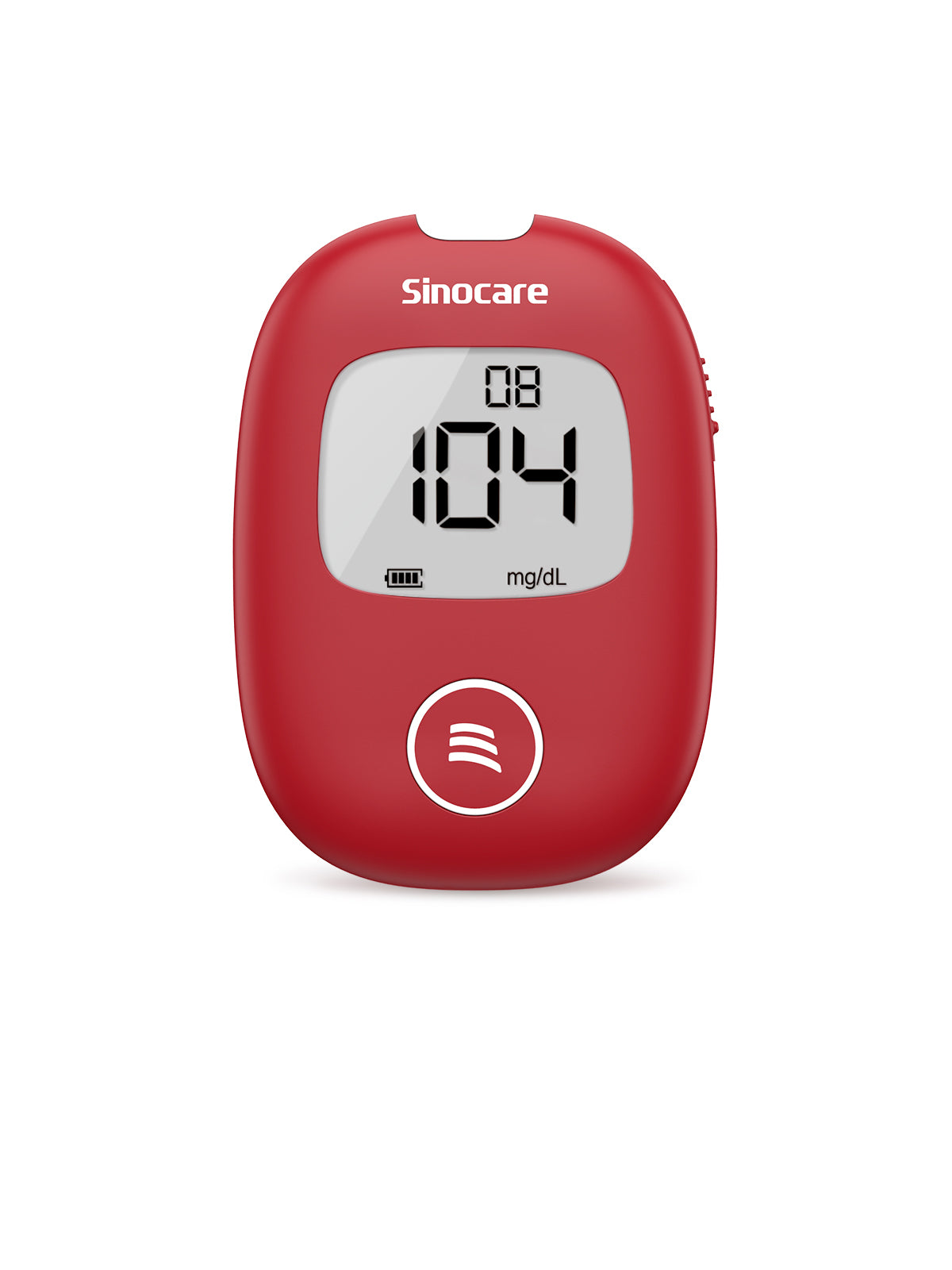
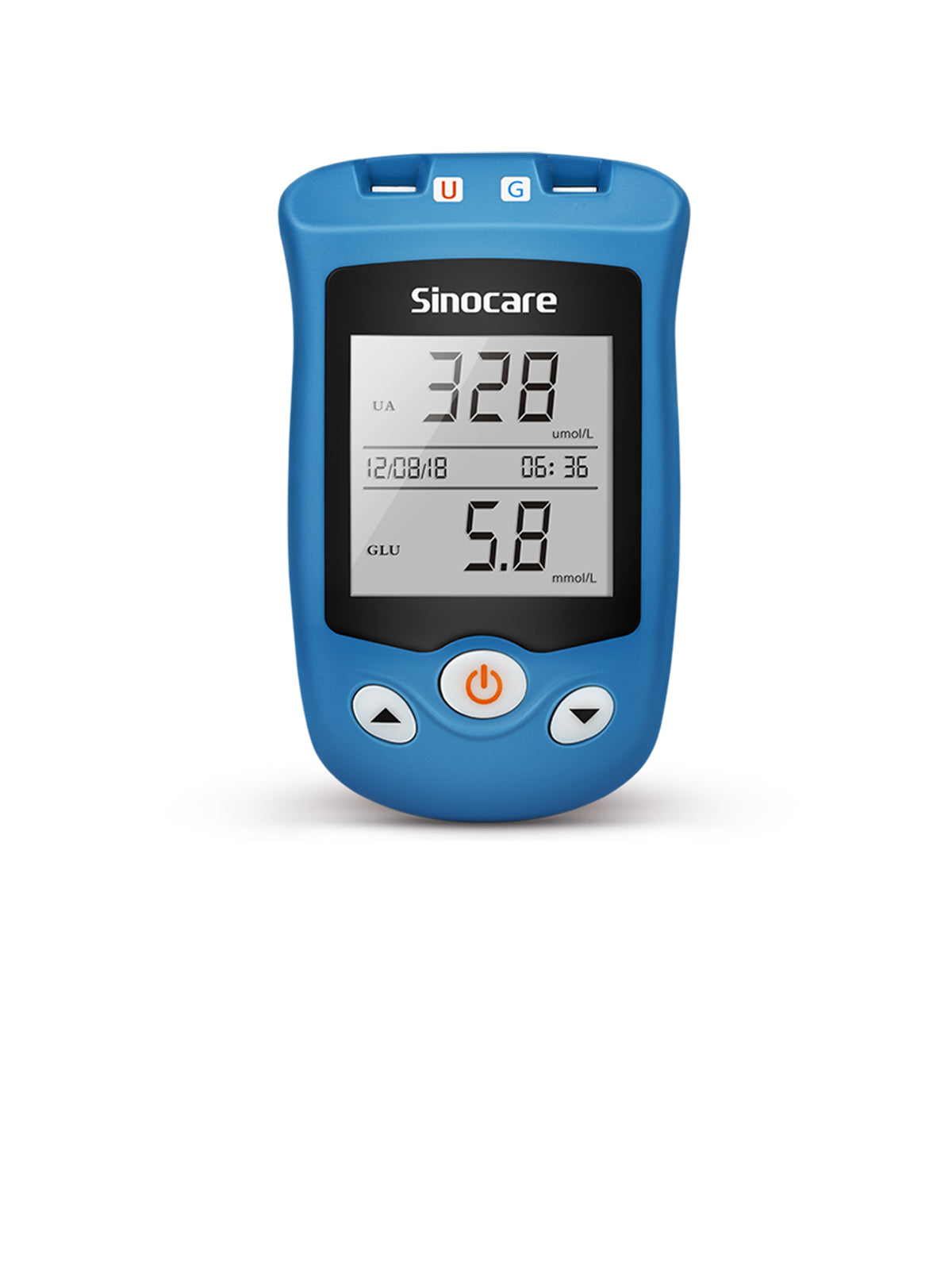
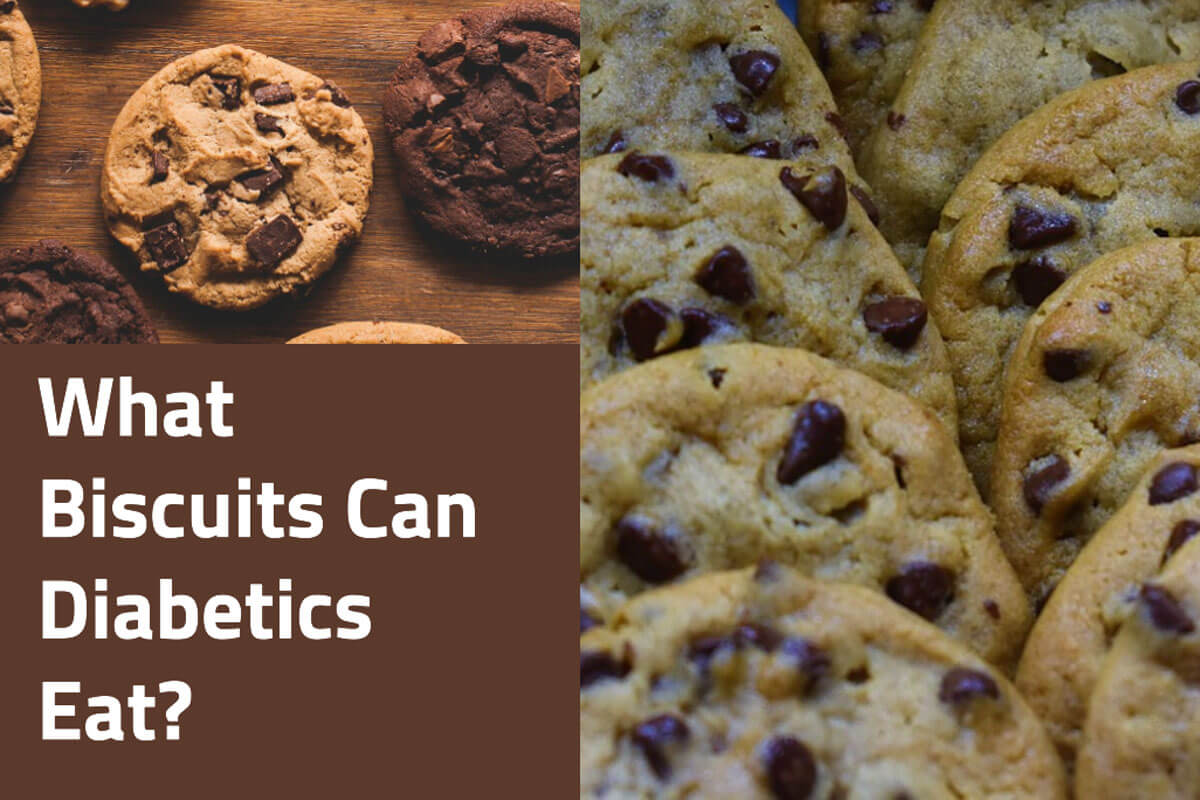
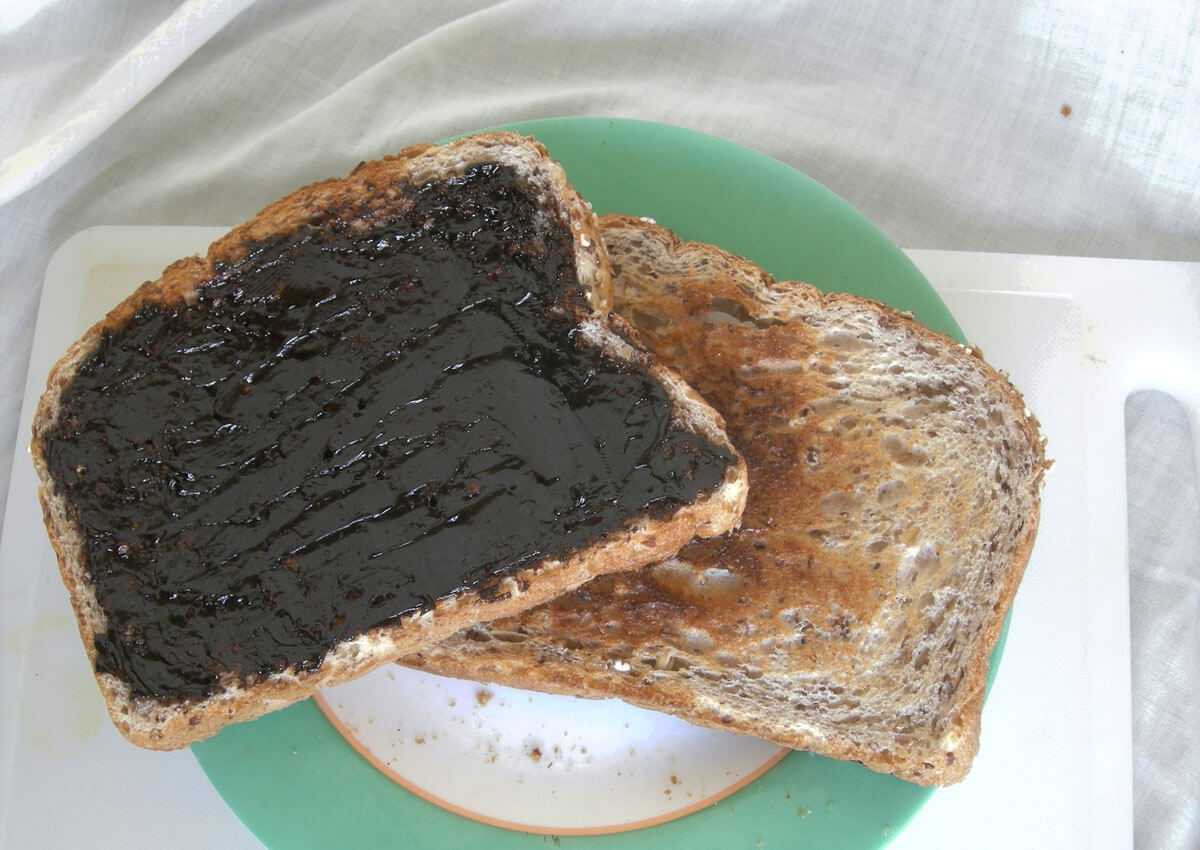
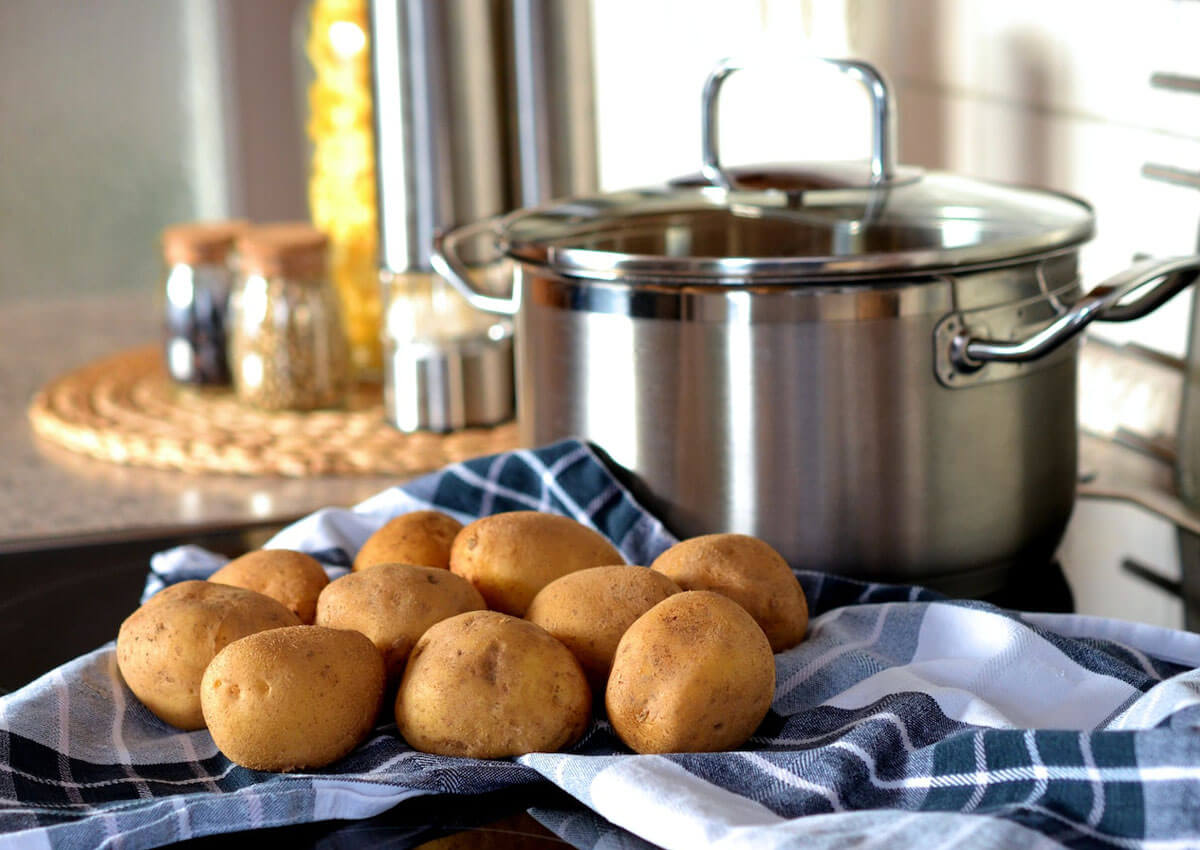



Leave a comment
All comments are moderated before being published.
This site is protected by hCaptcha and the hCaptcha Privacy Policy and Terms of Service apply.